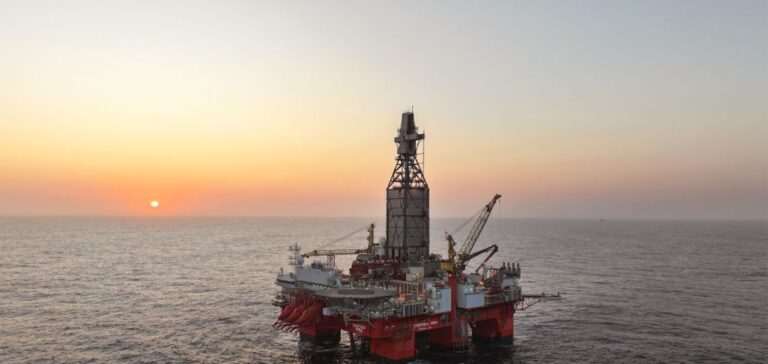Namibia expects to reach final investment decisions (FID) on two major oil and gas projects by the end of 2026. The first concerns TotalEnergies and its Venus oil project, while the second involves the development of the Kudu gas field by Norwegian company BWEnergy.
At a conference in Paris, Namibia’s Petroleum Commissioner Maggy Shino stated that TotalEnergies is scheduled to submit its development plans for the Venus field for approval by June or July 2025. A final investment decision is anticipated by the fourth quarter of 2026. This project is seen as a key component in Namibia’s efforts to diversify its energy revenue sources.
The Kudu project, located further south in the country, follows a similar timeline. BWEnergy is expected to finalise development plans for the gas field by June 2025, with a FID also set for late 2026. These initiatives follow Shell’s January 2025 decision to abandon its Namibian oil discoveries due to a high gas content, which rendered the reserves commercially unviable.
TotalEnergies holds a 45.25% stake in offshore block 2913B, which contains the Venus discovery, alongside QatarEnergy (35.25%), Impact Oil & Gas (9.5%), and Namibia’s state-owned Namcor (10%). BWEnergy owns 95% of the Kudu prospect, with Namcor holding the remaining 5%.
Namibia’s role in the oil and gas industry
The projects led by TotalEnergies and BWEnergy could position Namibia as a notable player in the global oil and gas sector—a significant shift for a country without large-scale hydrocarbon production to date. However, geological challenges remain, according to TotalEnergies Chief Executive Officer Patrick Pouyanne, who noted that the final investment decision will depend on the ability to maintain production costs below USD20 per barrel.
Uncertainty around production costs and profit margins may significantly influence the success of these projects. Talks regarding a potential increase in the Namibian government’s cost-sharing obligations are still at an early stage, with Pouyanne stating it was “too soon” to advance such negotiations further.
Outlook for Namibia’s oil and gas sector
Namibia’s energy sector is expanding, despite challenges faced by companies such as Shell. The country’s objective is to convert recent discoveries into economically viable projects, which could deliver notable economic benefits. The ongoing developments reflect Namibia’s ambition to fully integrate into the global hydrocarbons market.






















